The Benefits of Using Dryer Balls: Why They Should Be in Every Laundry Room

In the quest for more eco-friendly and efficient laundry solutions, one small but mighty tool has been steadily gaining popularity: the dryer ball. These simple yet effective devices offer a myriad of benefits, from reducing drying time to softening clothes without the use of chemical-laden products. But what exactly are dryer balls, and why should they be a staple in every laundry room? Let's delve into the advantages of incorporating them into your laundry routine and uncover why they are becoming a must-have in households keen on greener living.
What Are Dryer Balls?
Dryer balls are small balls, typically made of wool or plastic, that are designed to be tossed into the dryer with your wet laundry. Their primary purpose is to help separate clothes during the drying process, which improves air circulation and leads to faster drying times. Wool dryer balls have the added benefit of being completely natural and biodegradable, making them an environmentally friendly option.
The Benefits of Using Dryer Balls
- Reduced Drying Time
One of the most significant benefits of using dryer balls is the reduction in drying time. By creating space between items of clothing, dryer balls allow hot air to circulate more efficiently, which can cut down on the time your dryer needs to run. This not only saves energy but also reduces your utility bills, making dryer balls a cost-effective addition to your laundry routine.
- Softening Clothes Naturally
Many people rely on fabric softeners to keep their clothes feeling soft and comfortable. However, these products often contain chemicals that can be harsh on sensitive skin and detrimental to the environment. Wool dryer balls naturally soften fabrics by gently agitating the fibres, all without the need for chemical additives. This makes them a great alternative for those with allergies or sensitivities to traditional laundry products.
- Minimising Static and Wrinkles
The tumbling action of dryer balls can also help to reduce static and wrinkles in your clothes. This means less time spent ironing and fewer chemical sprays needed to manage static cling, further enhancing the eco-friendliness of your laundry process.
- Eco-Friendly and Sustainable
For those looking to make their households more environmentally sustainable, dryer balls are a fantastic choice. Wool dryer balls are biodegradable and compostable at the end of their life, which can be several years, making them a far more sustainable option than single-use dryer sheets or liquid fabric softeners.
- Cost-Effective Over Time
While the initial investment in a set of dryer balls may be higher than a box of dryer sheets, their longevity makes them more cost-effective in the long run. A good quality set of wool dryer balls can last for thousands of drying cycles, meaning you save money on repeated purchases of disposable products.

How to Use Dryer Balls
Using dryer balls is incredibly simple: just toss two to three balls into the dryer with your wet laundry and start the cycle as usual. The more balls you use, the faster your clothes will dry and the softer they will be. For those who miss the scent of fabric softeners, a few drops of essential oil can be added to the wool balls to lightly fragrance your clothes.
The benefits of using dryer balls extend far beyond just softening clothes and reducing drying time. They are a cornerstone of eco-friendly laundry practices, offering a natural and effective way to care for your clothes while also caring for the planet. Whether you're looking to save money, reduce your environmental impact, or simply achieve softer laundry, incorporating dryer balls into your routine is a smart and sustainable choice. With all these advantages, it's clear why dryer balls should be in every laundry room.
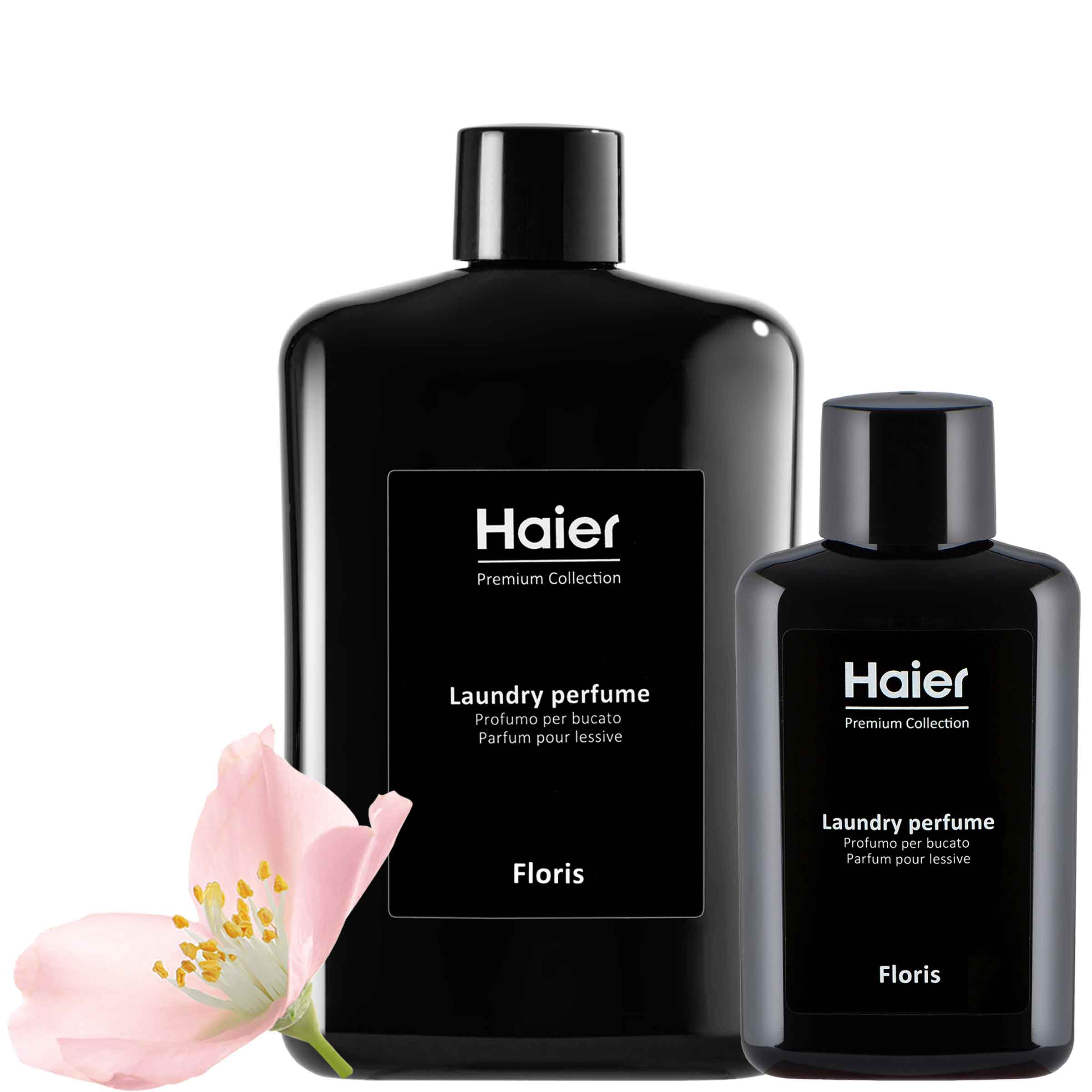
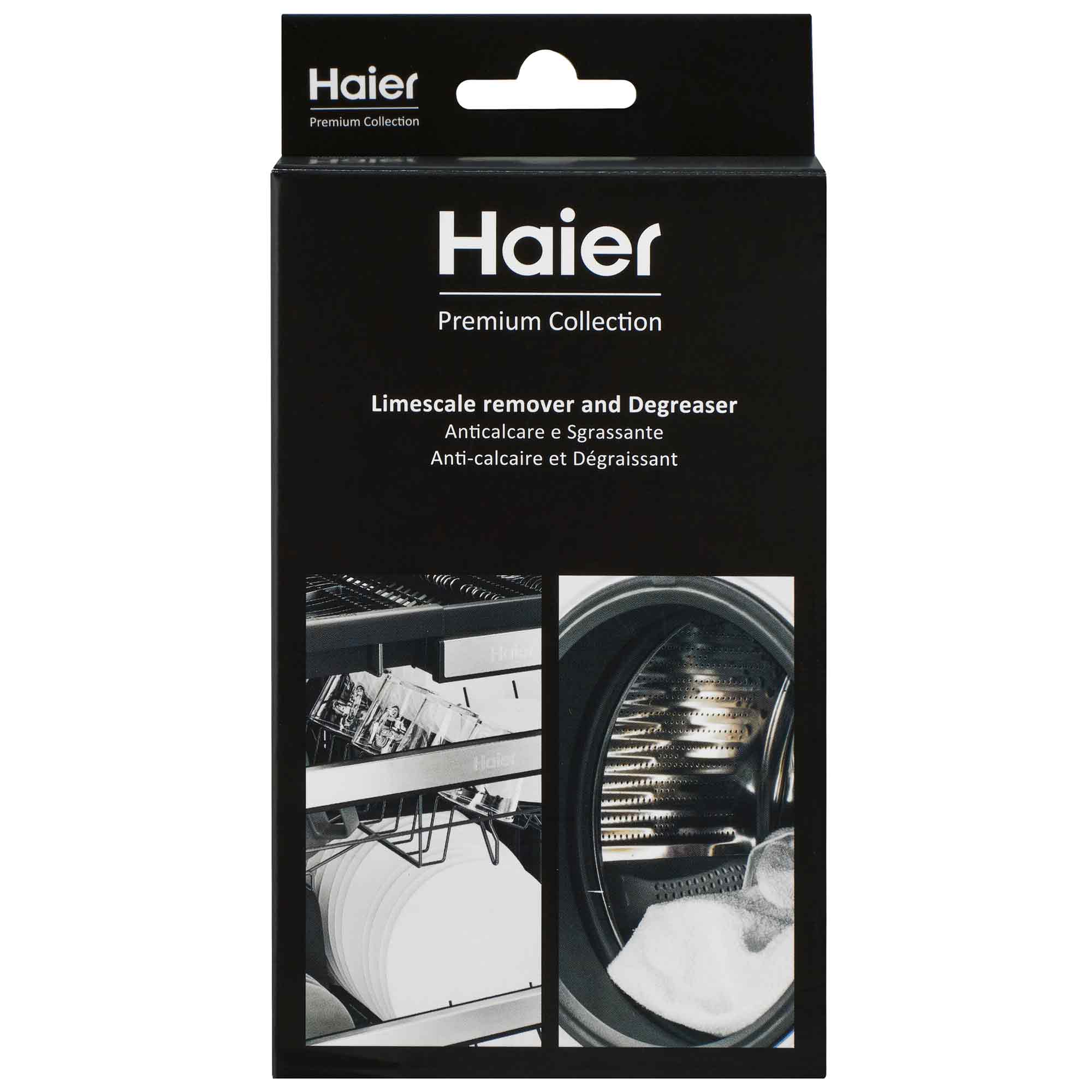
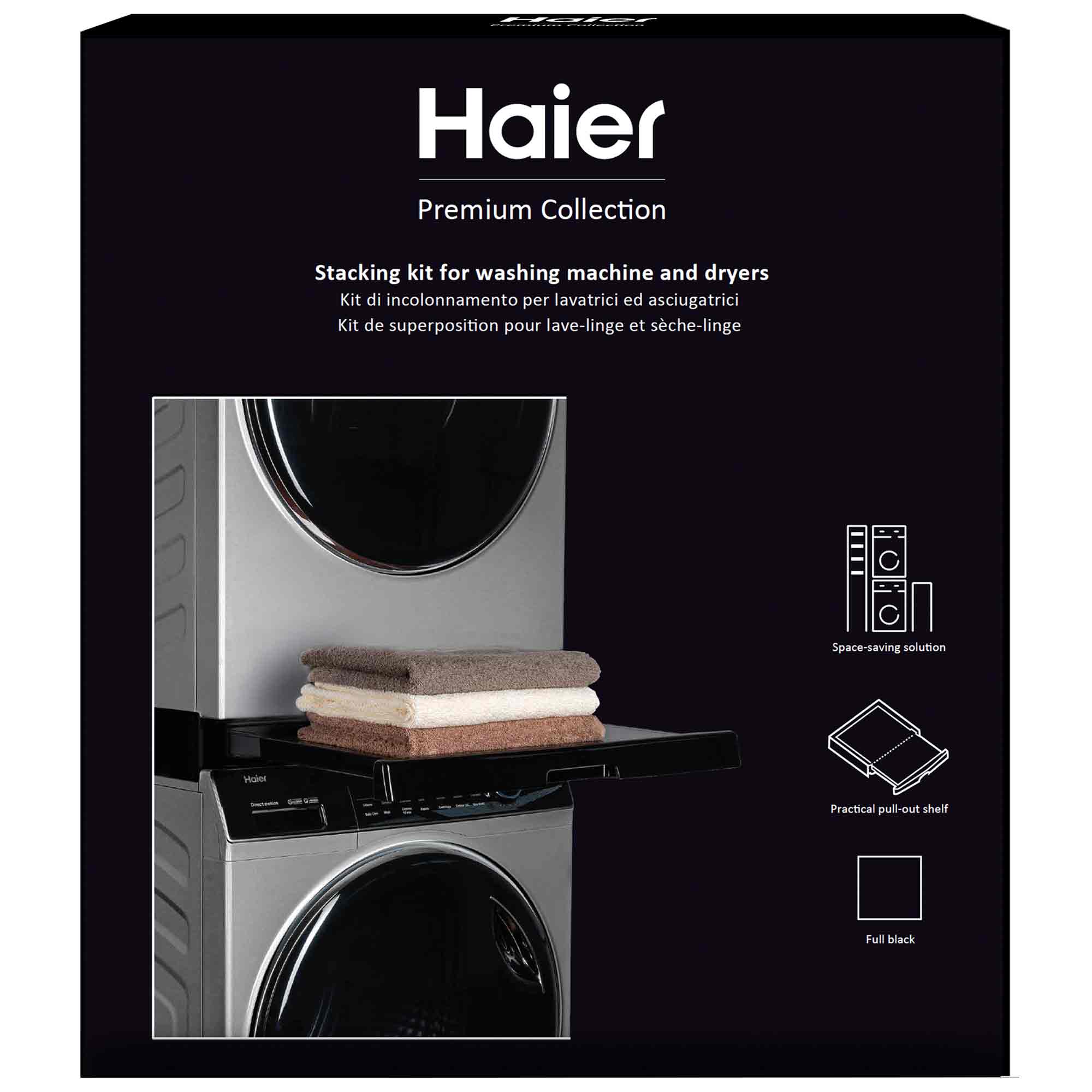
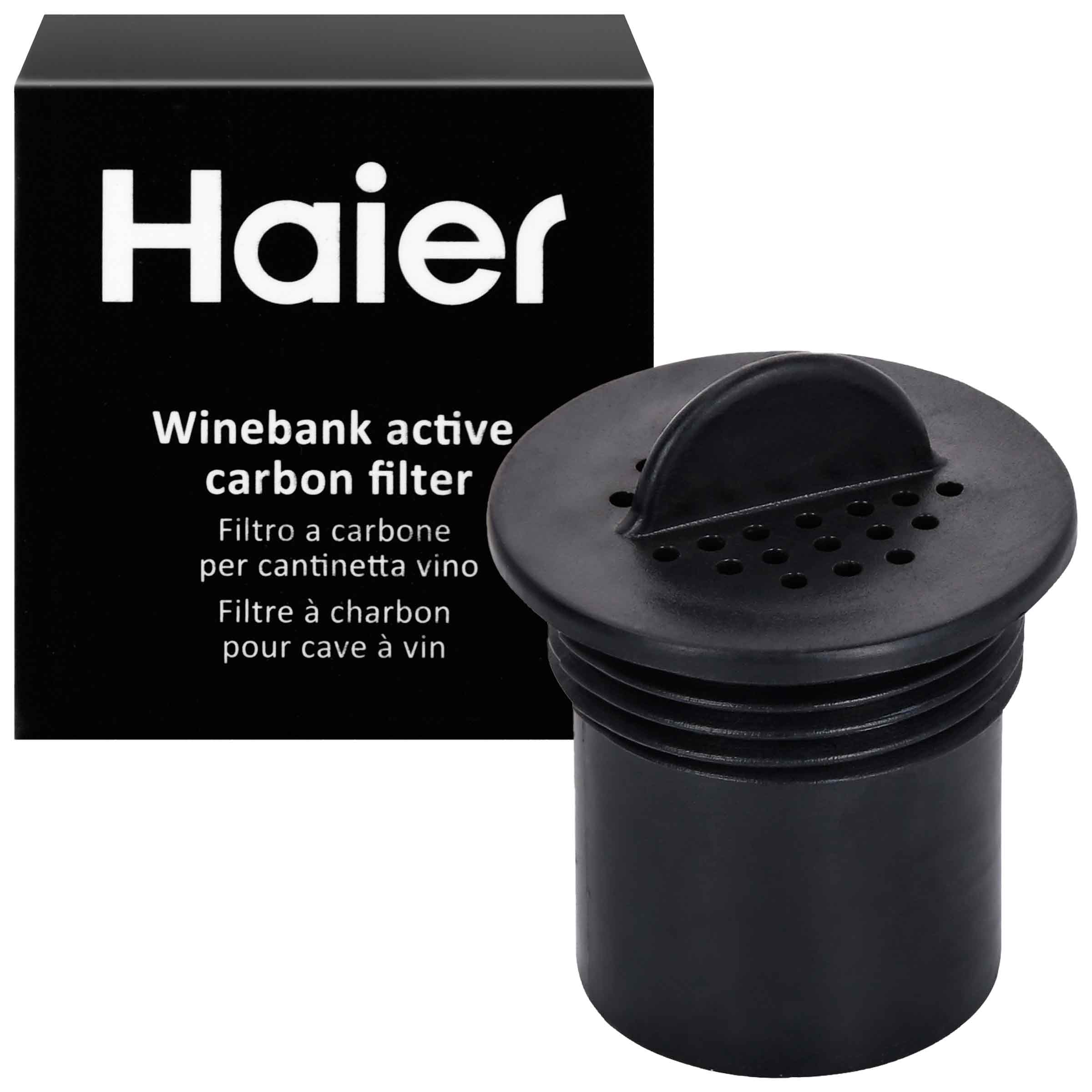

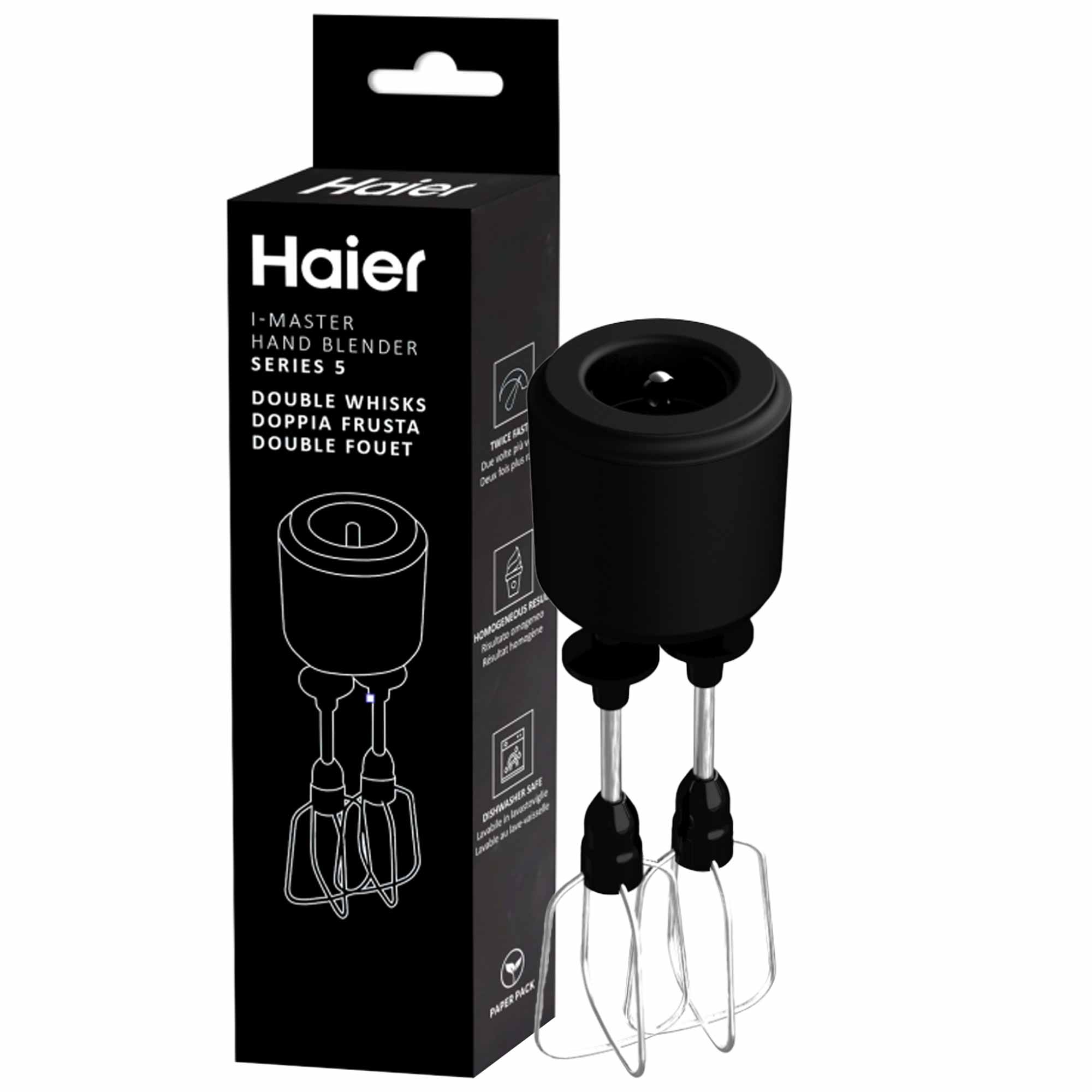
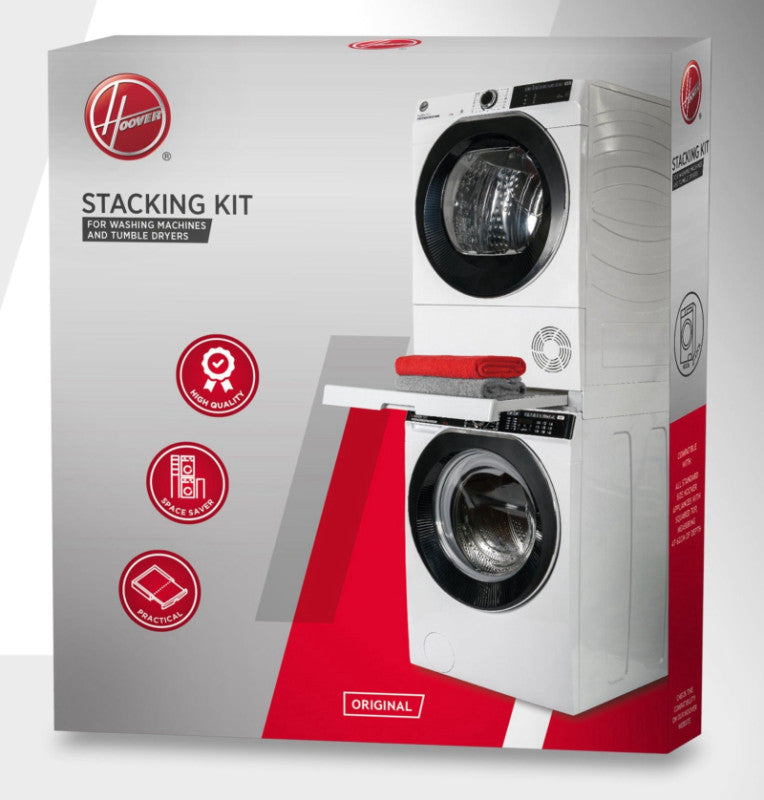
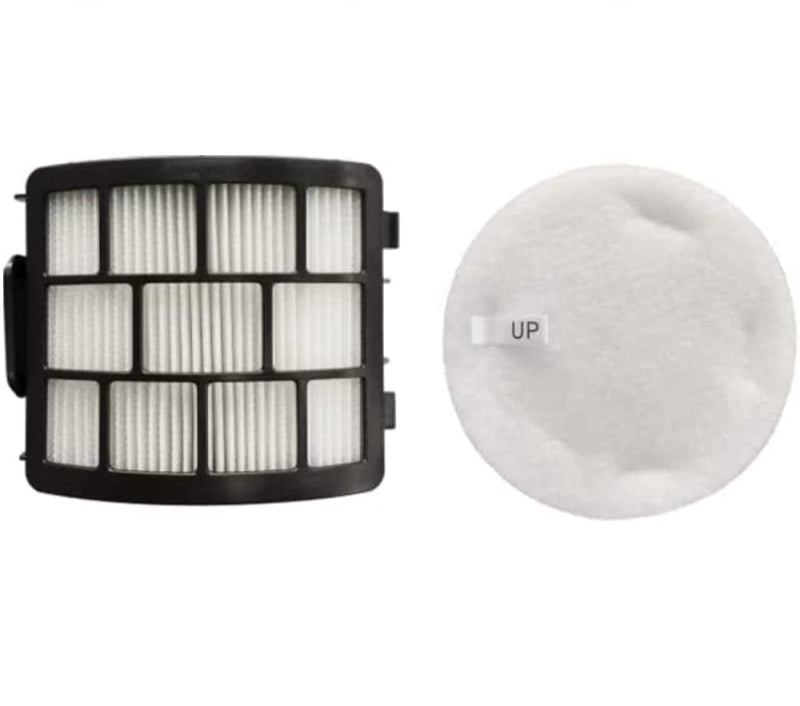
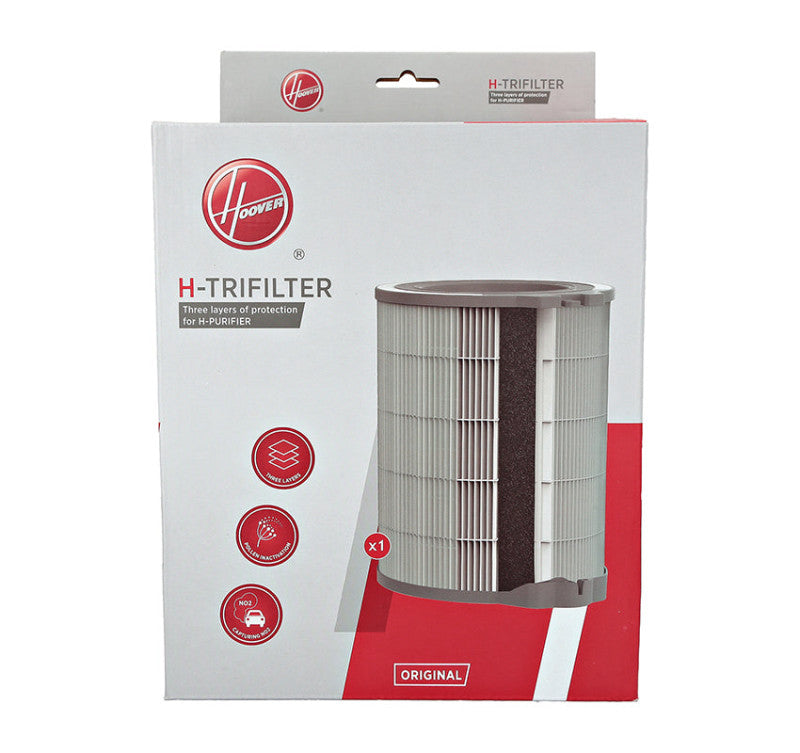
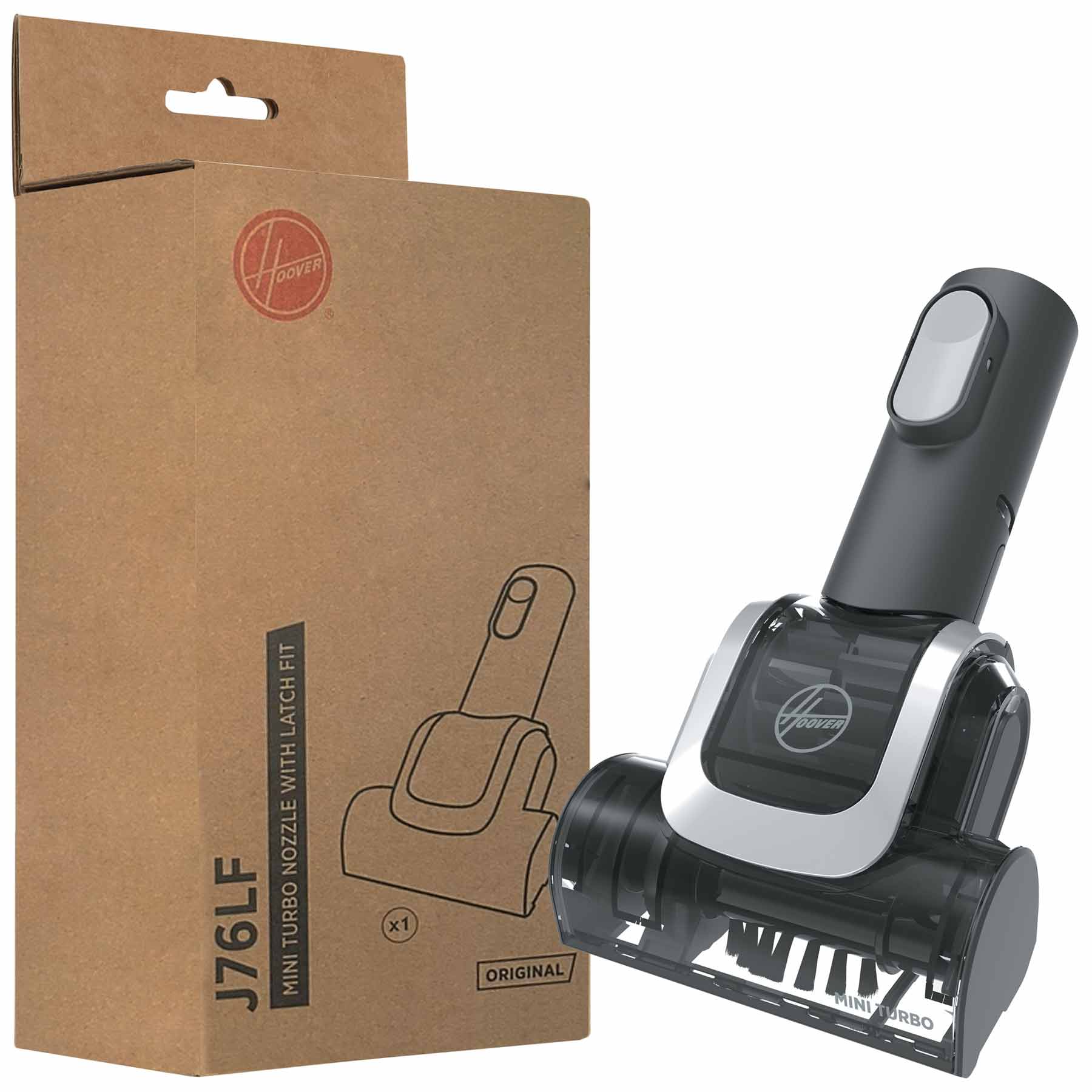

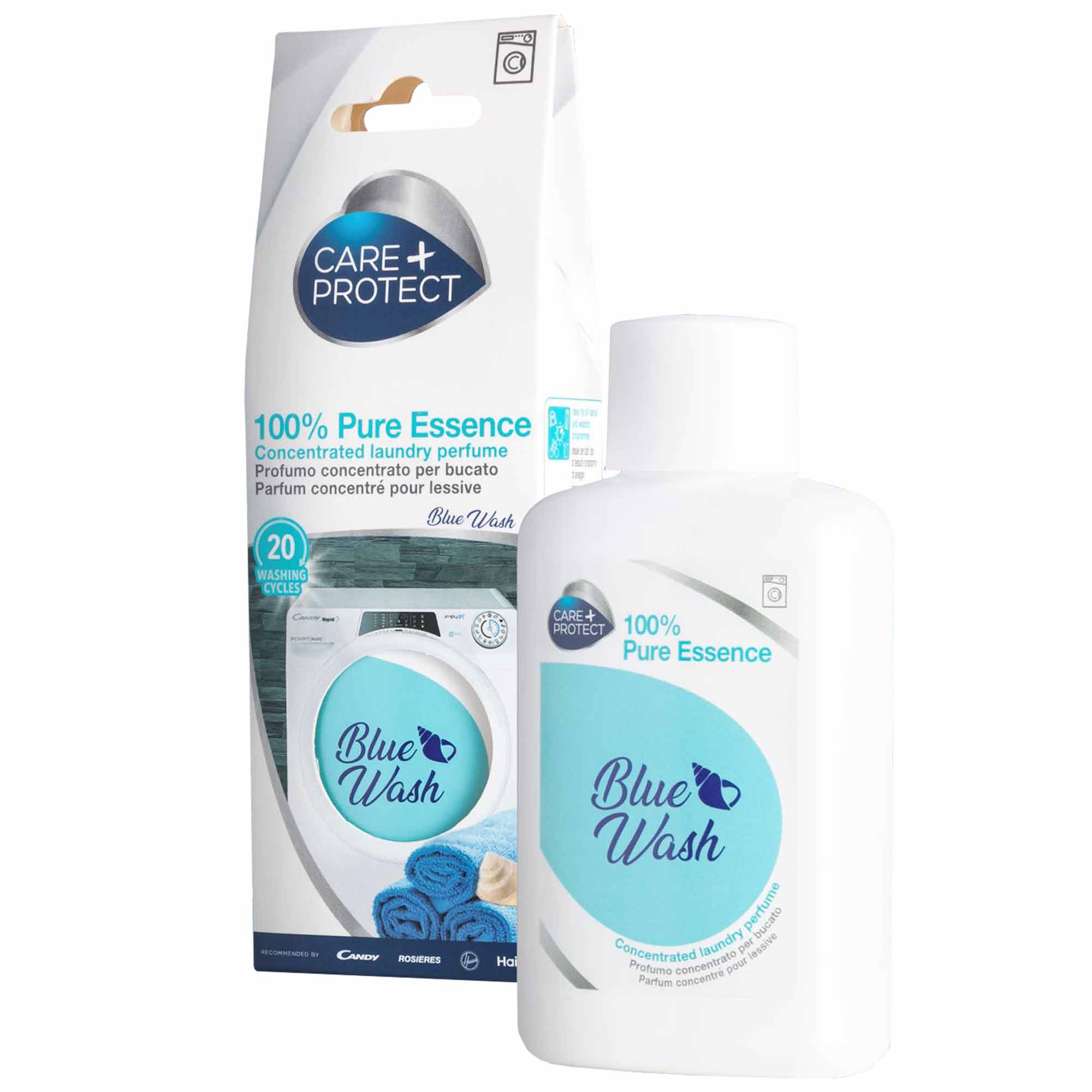
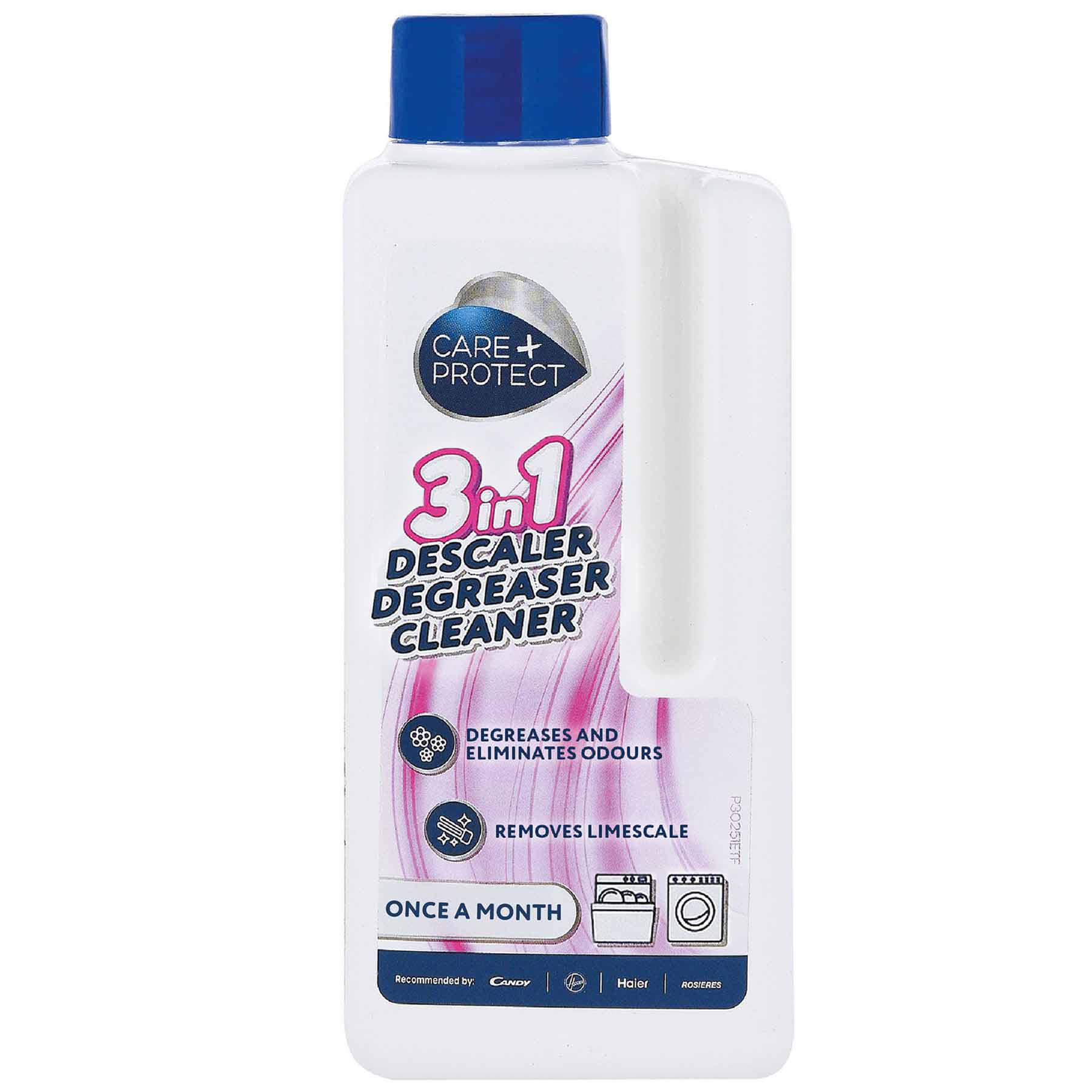

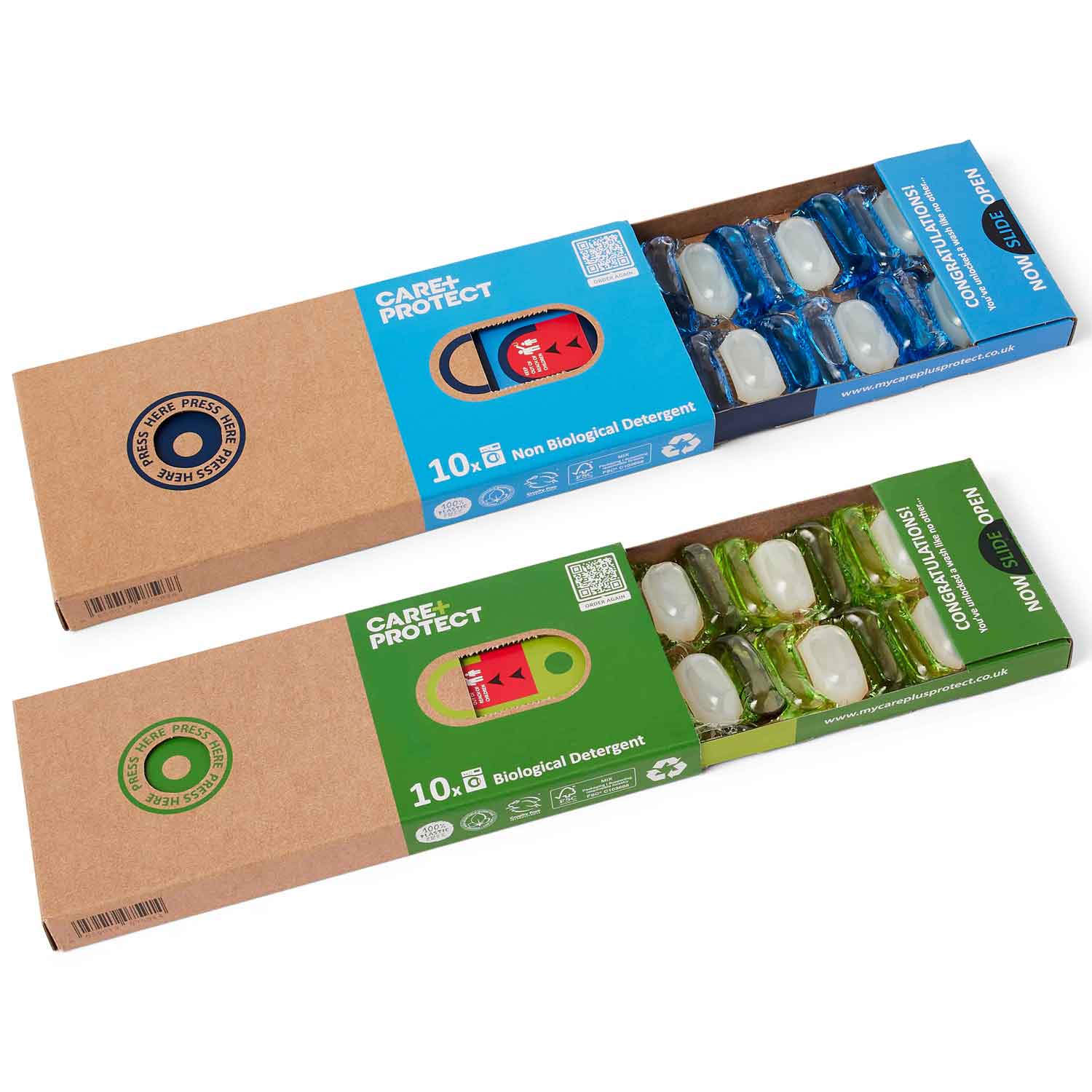
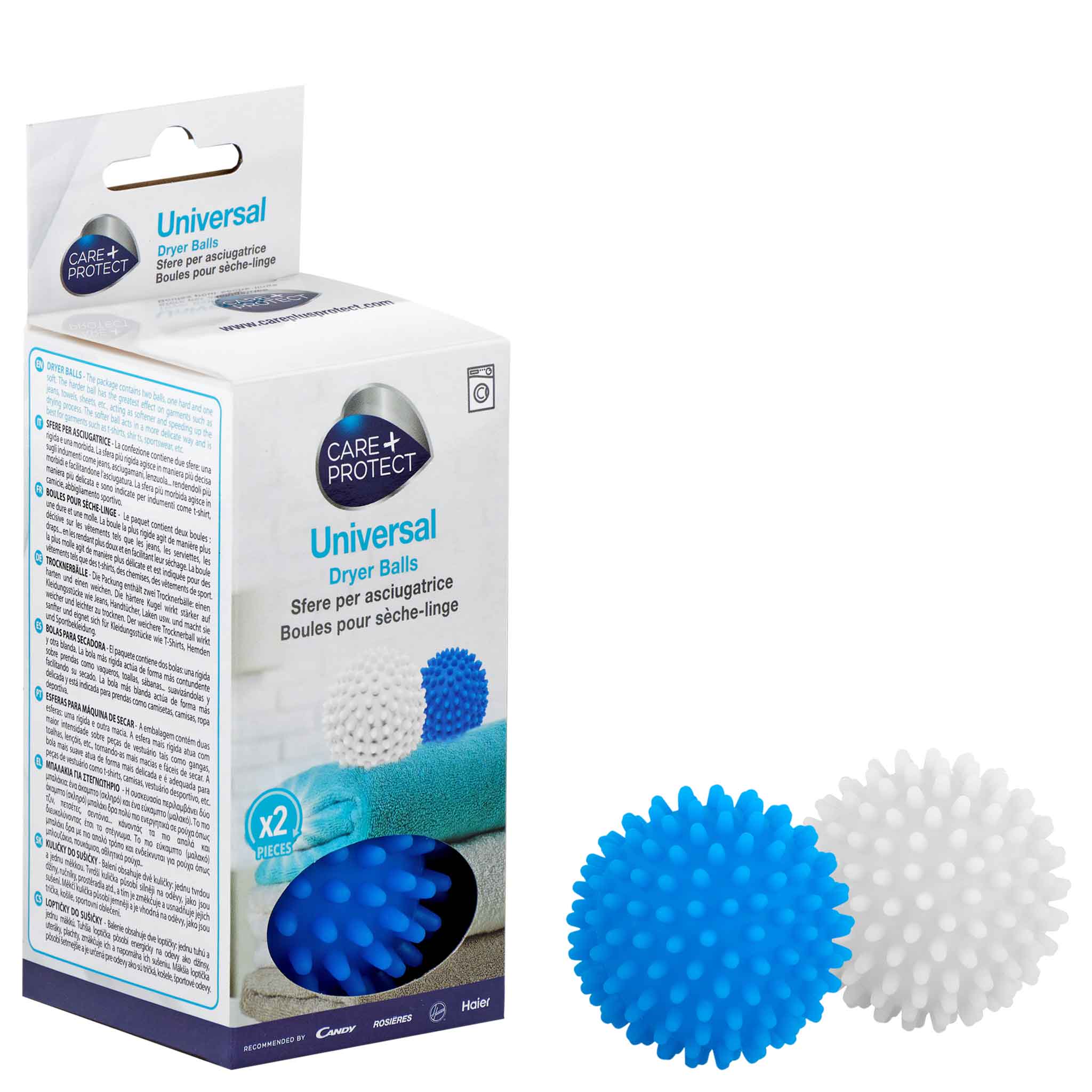
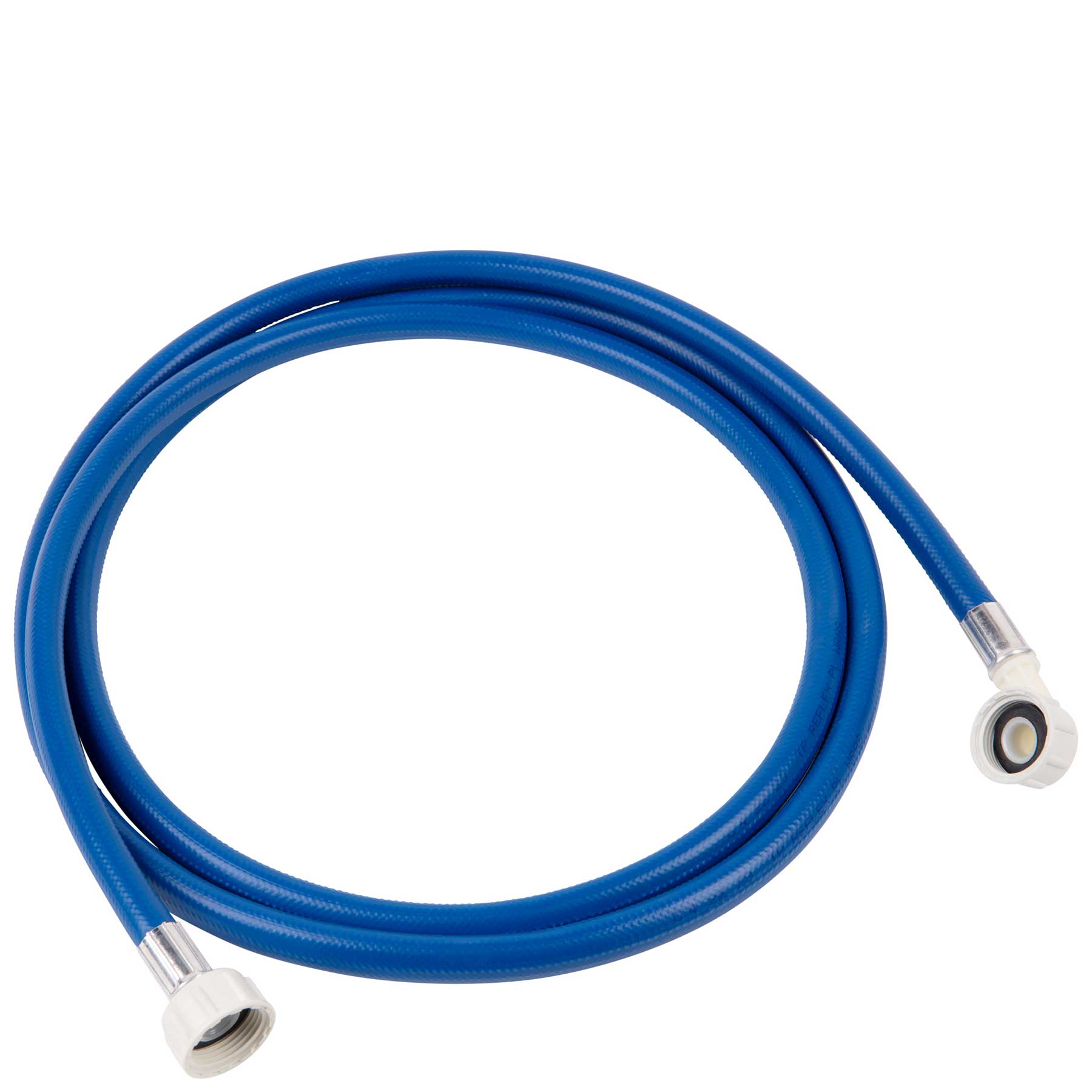
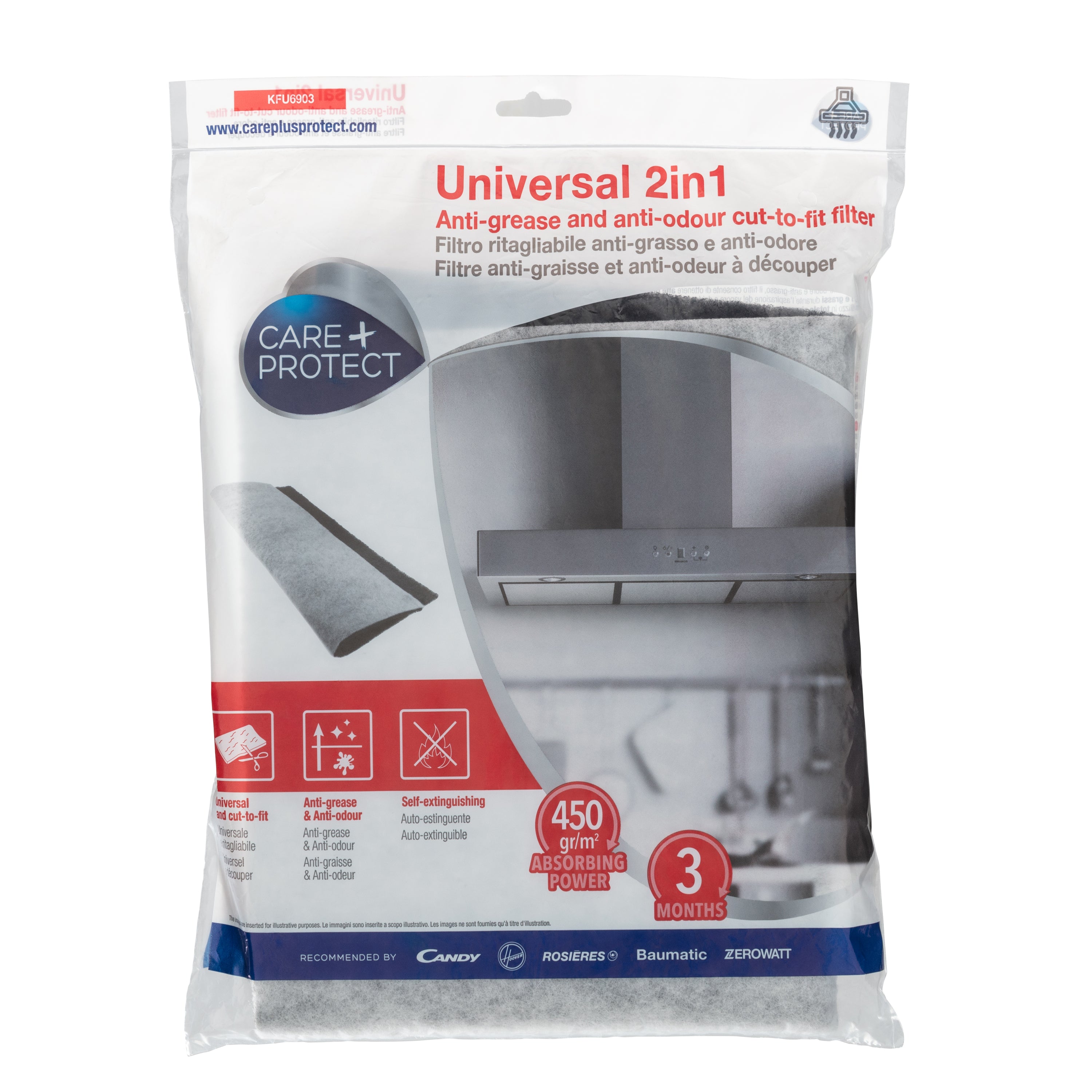
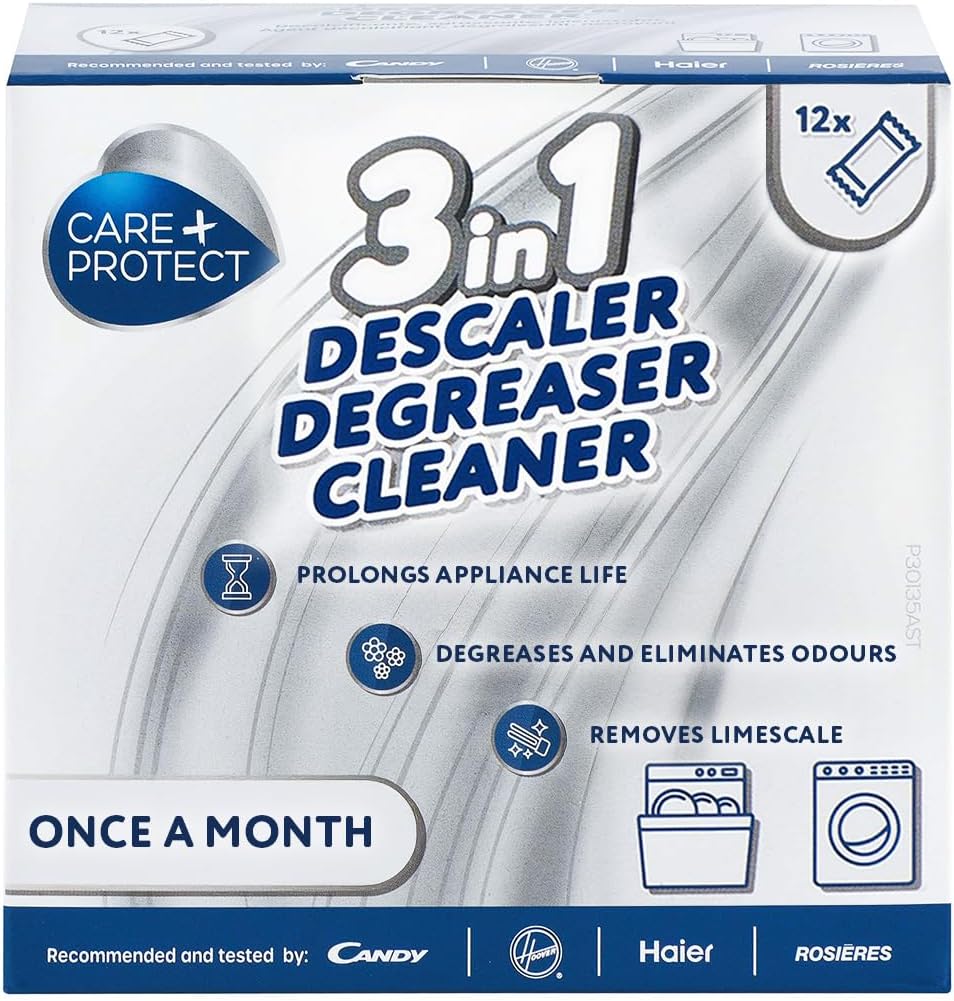
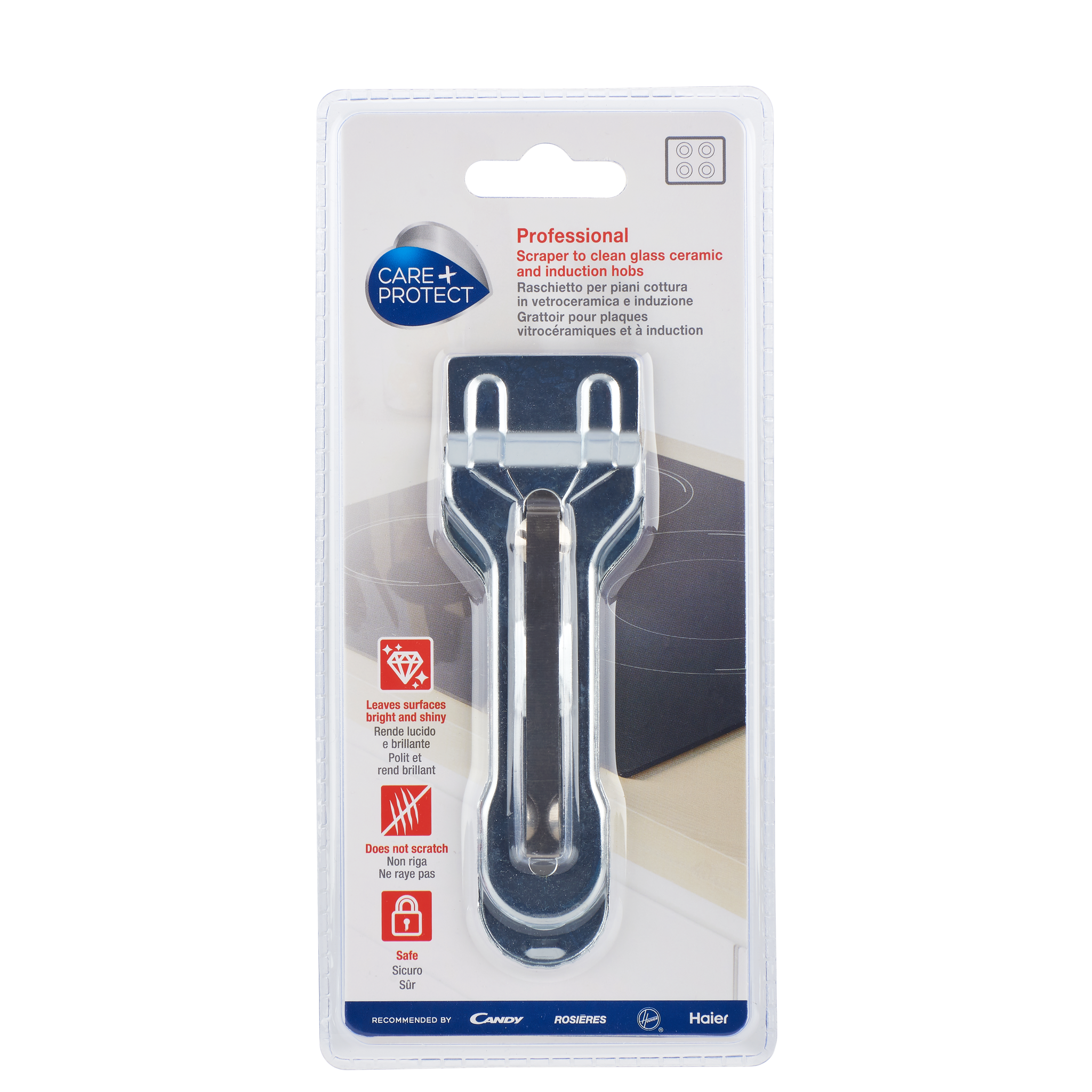
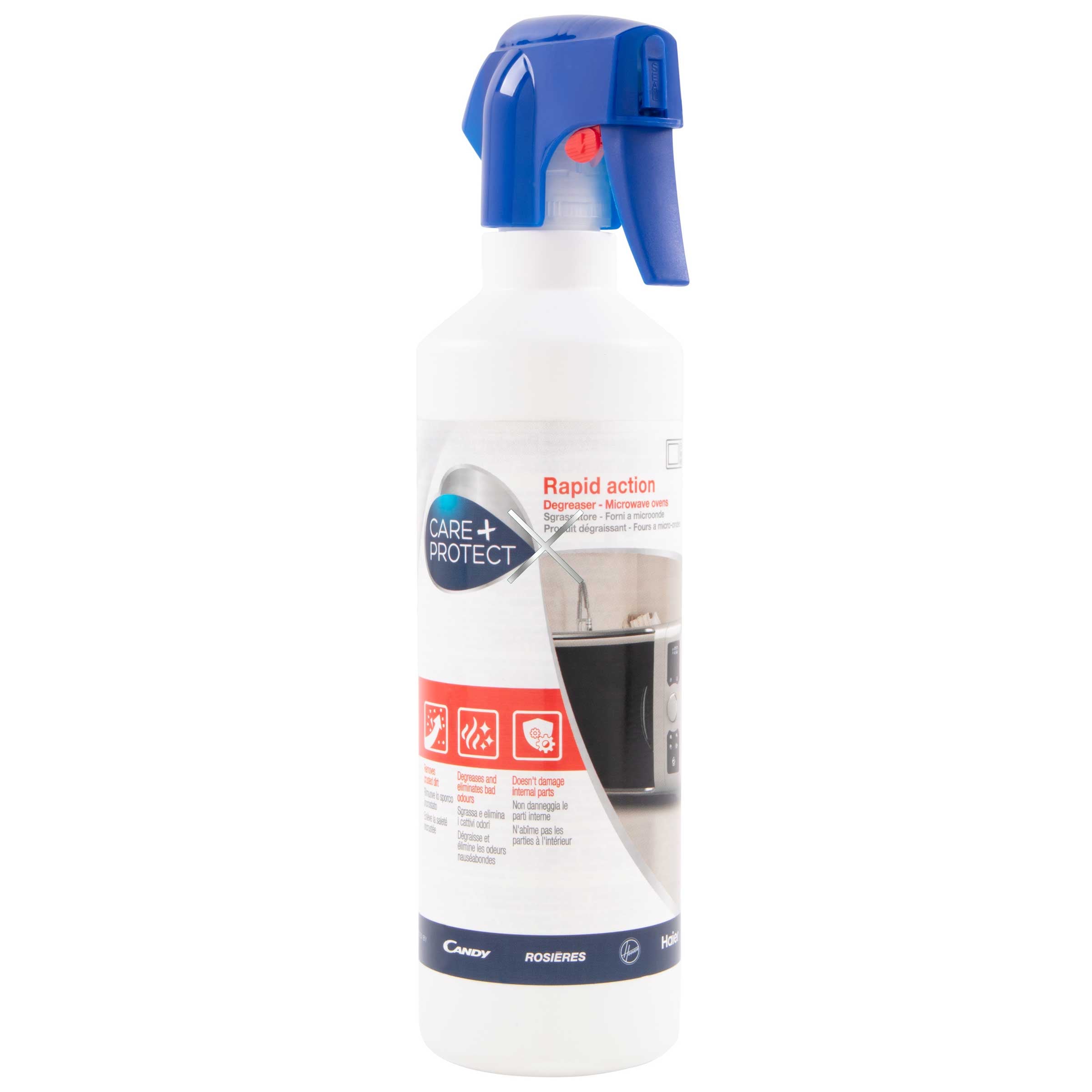
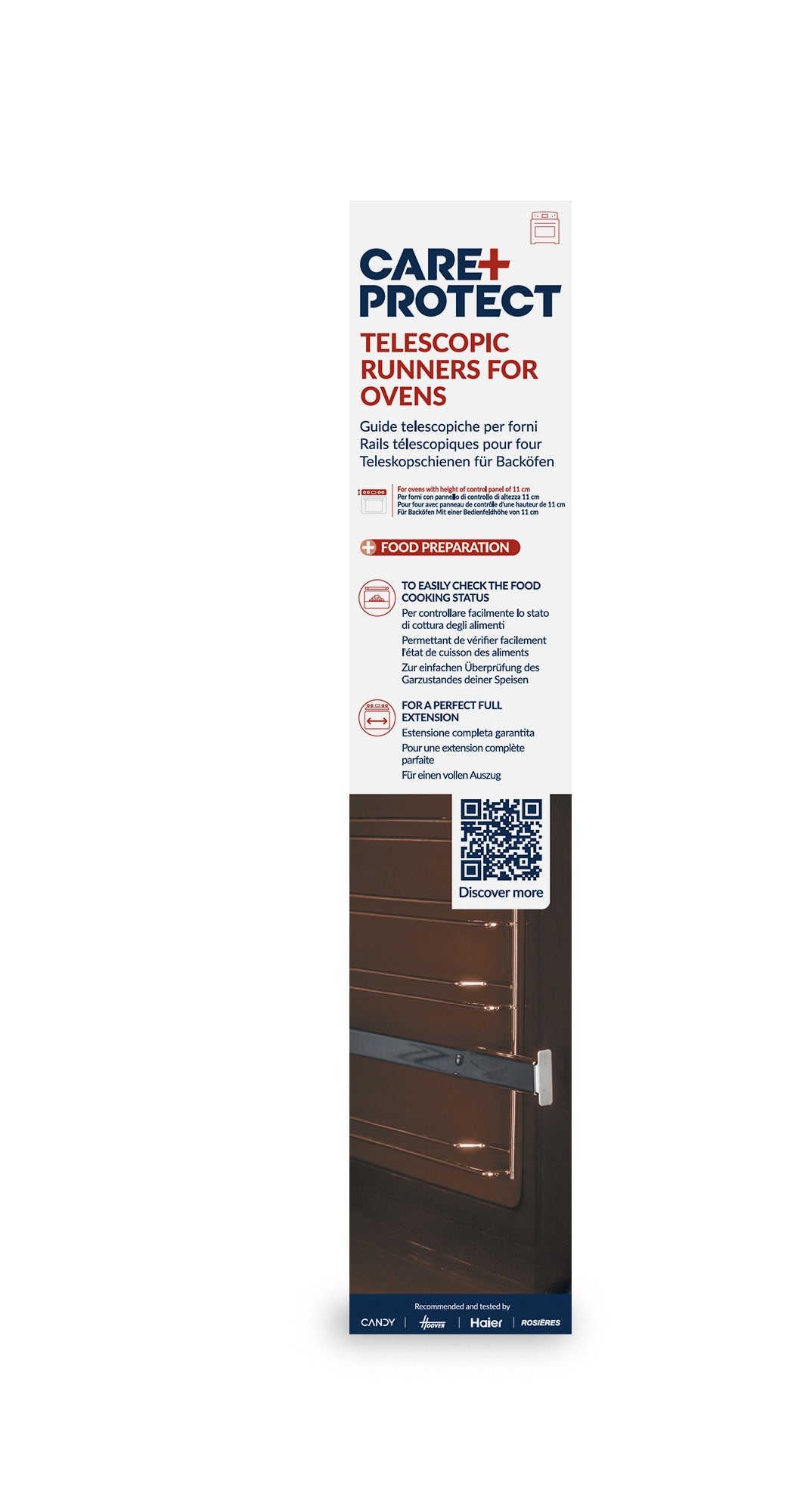
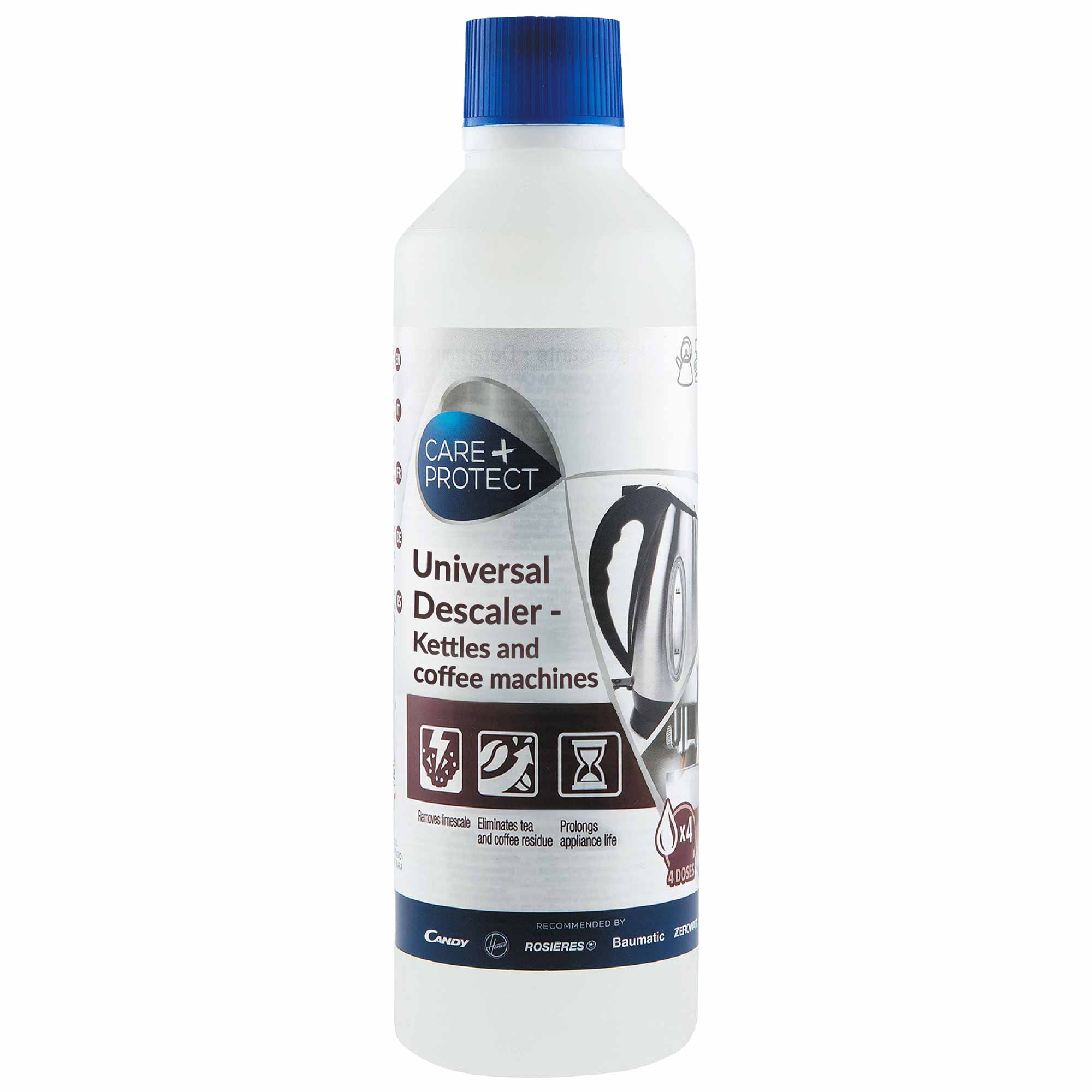
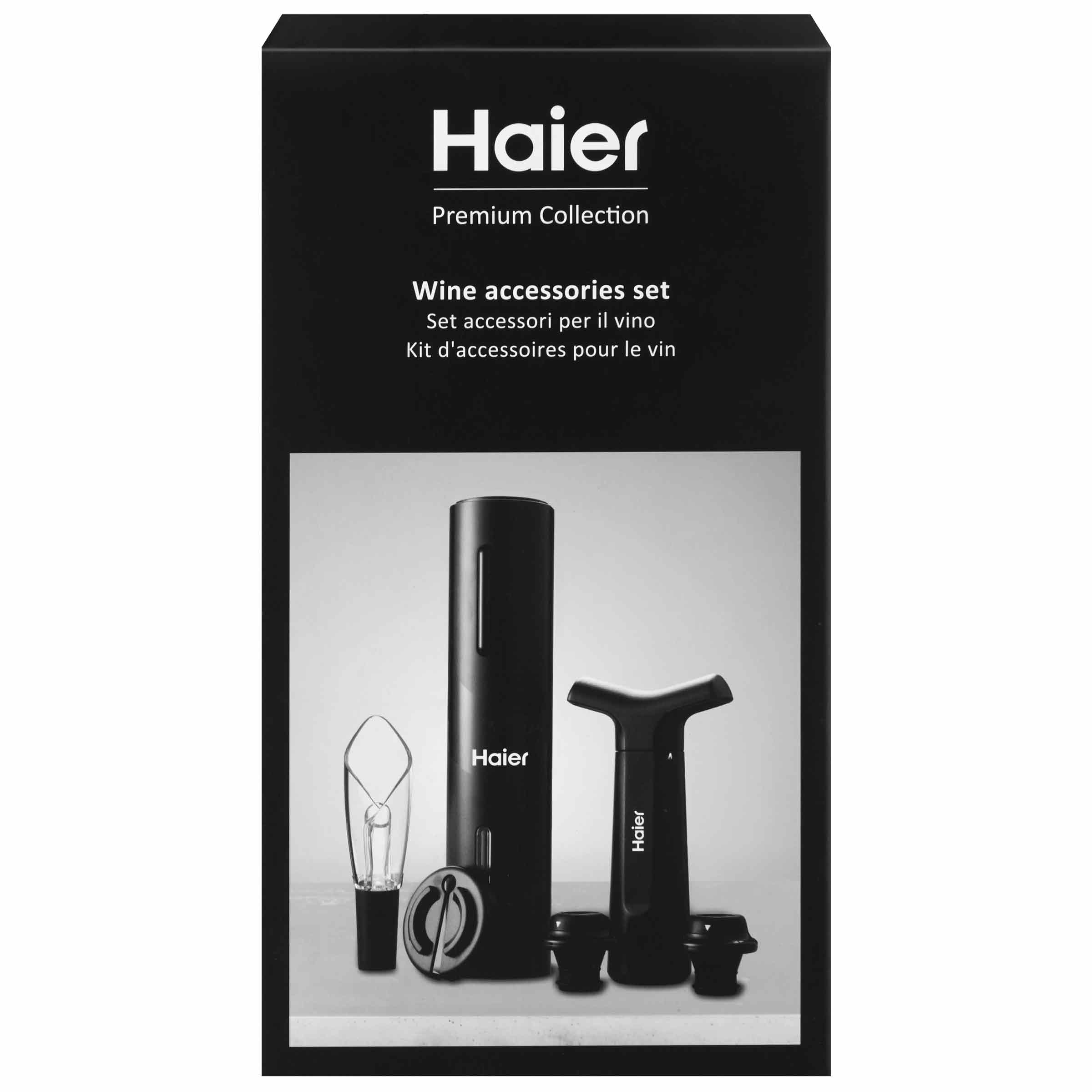
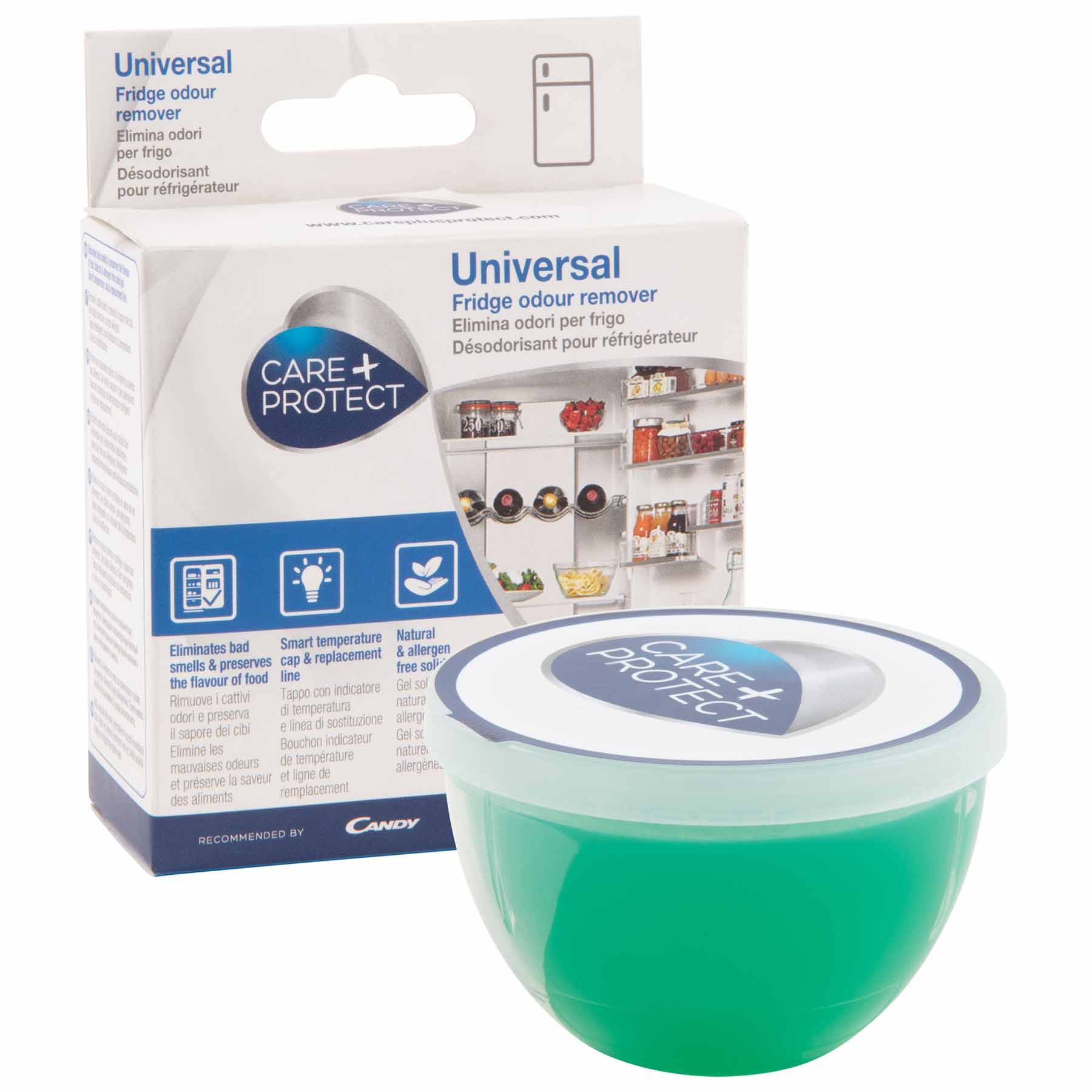
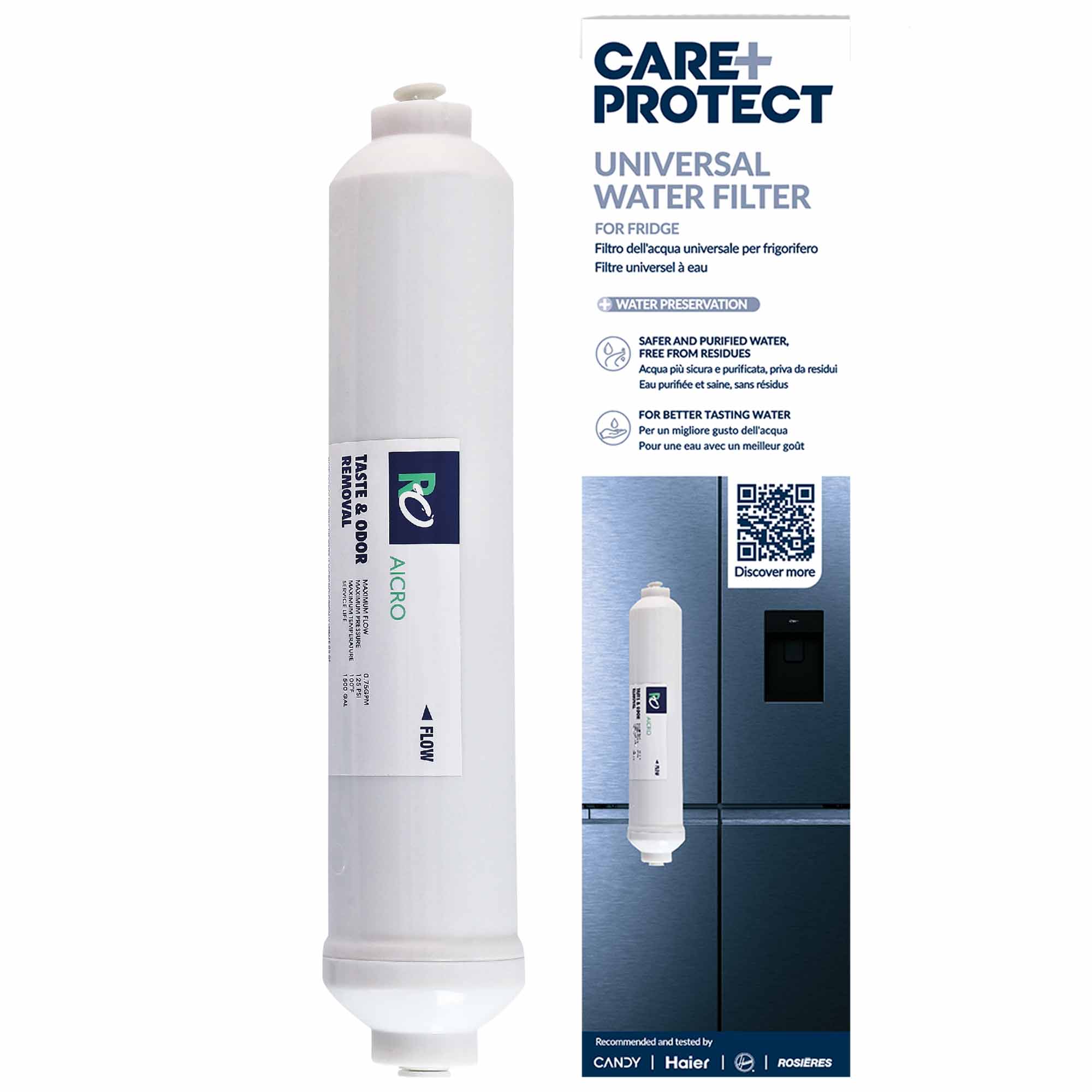
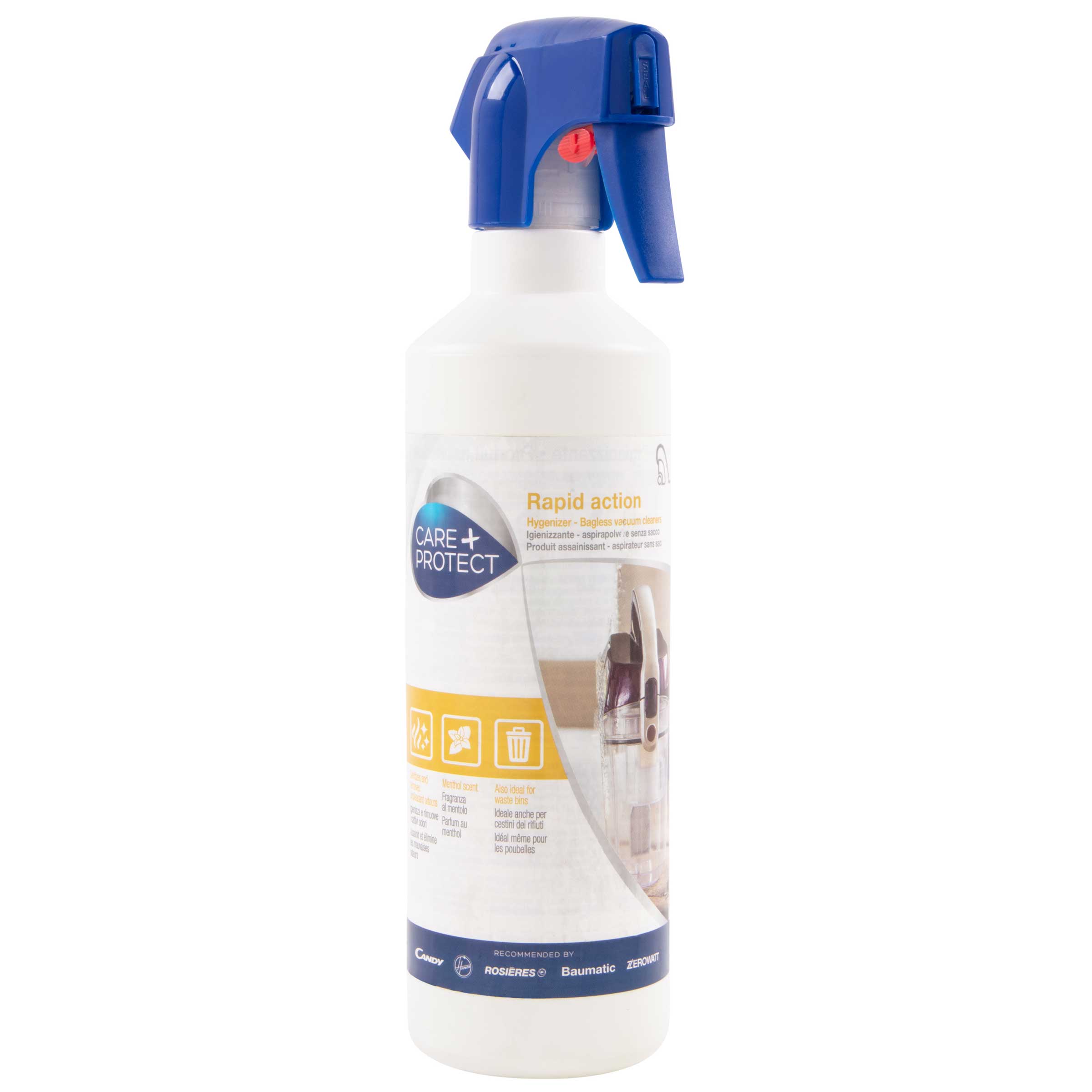
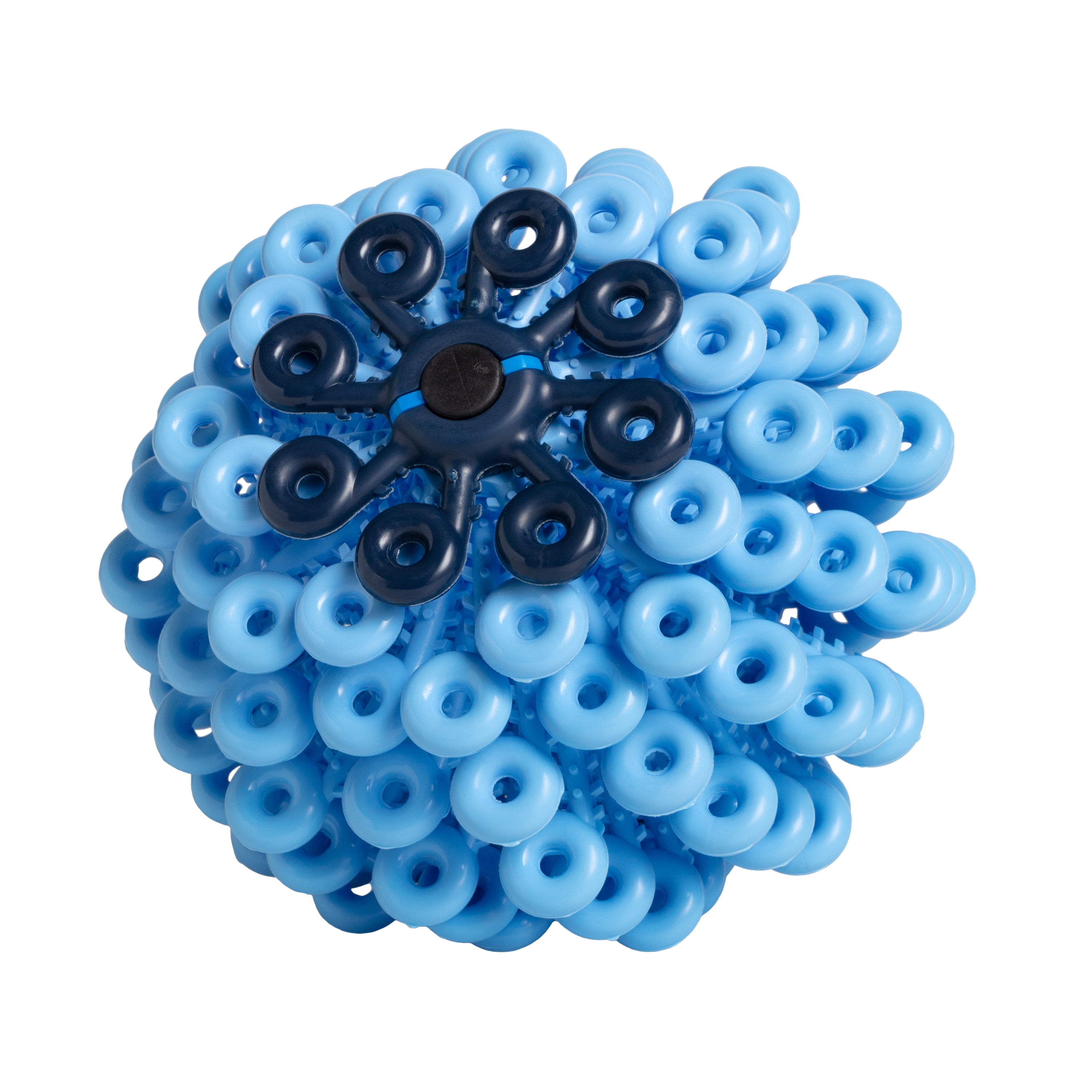
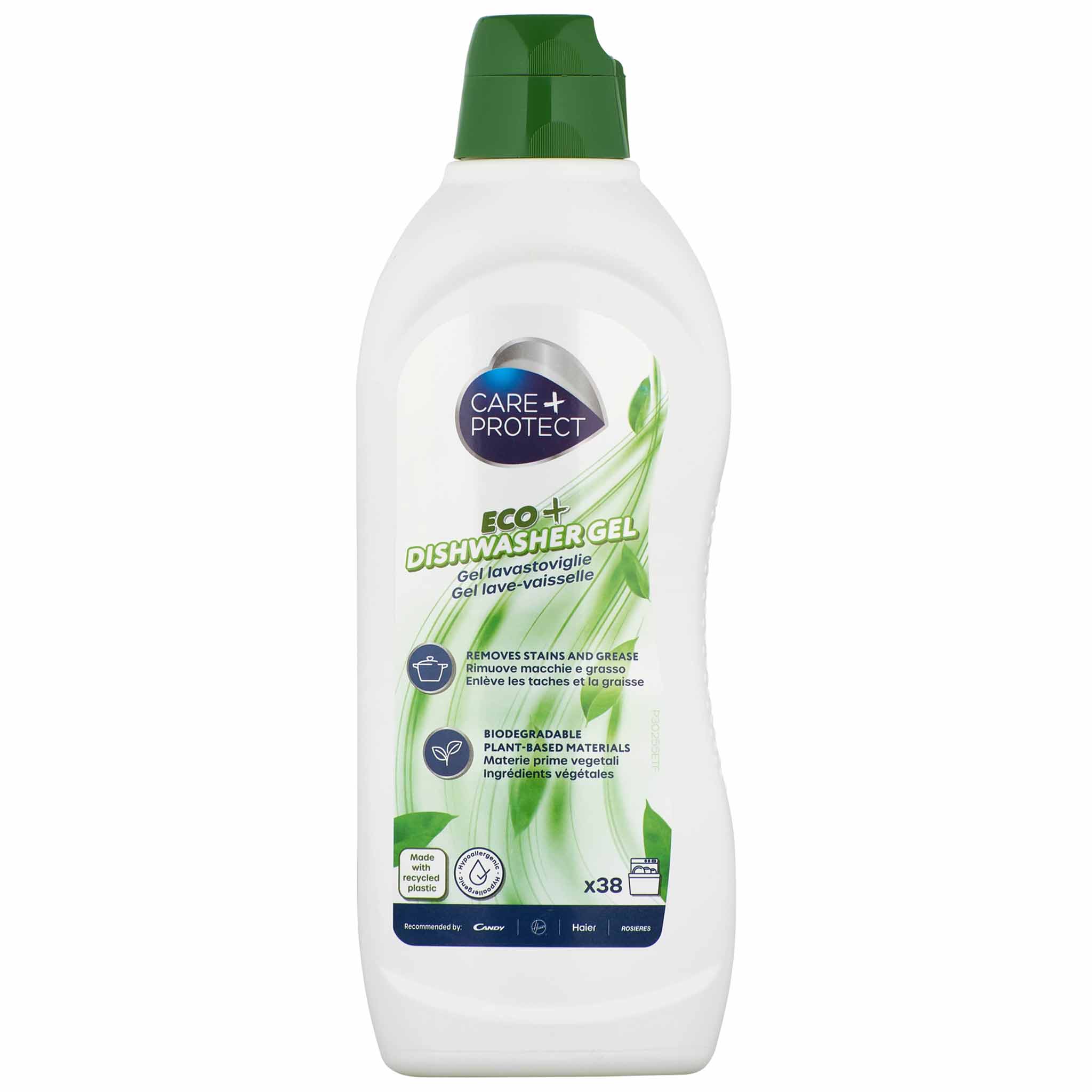
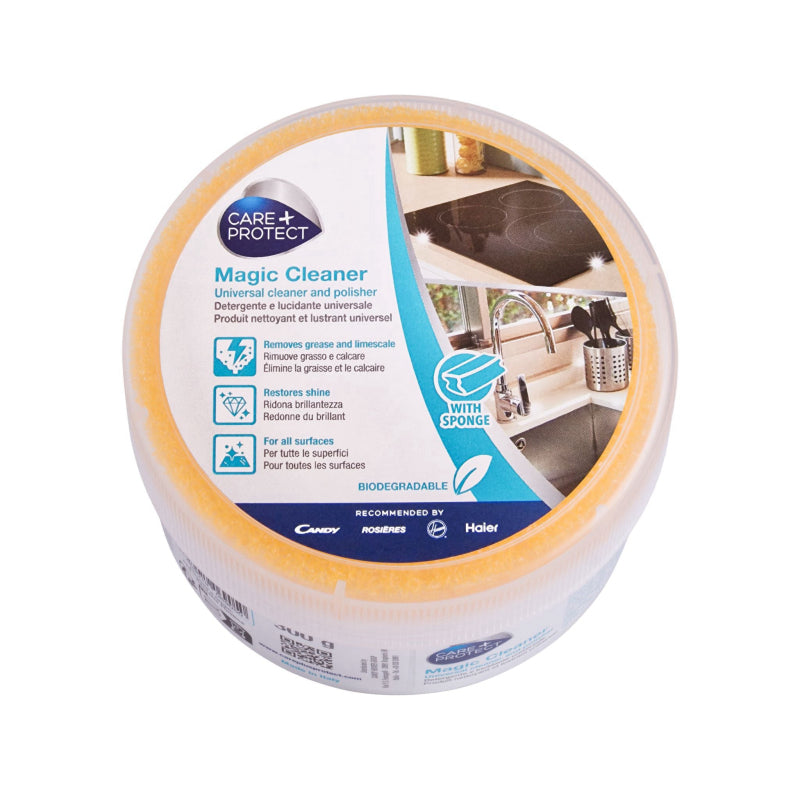
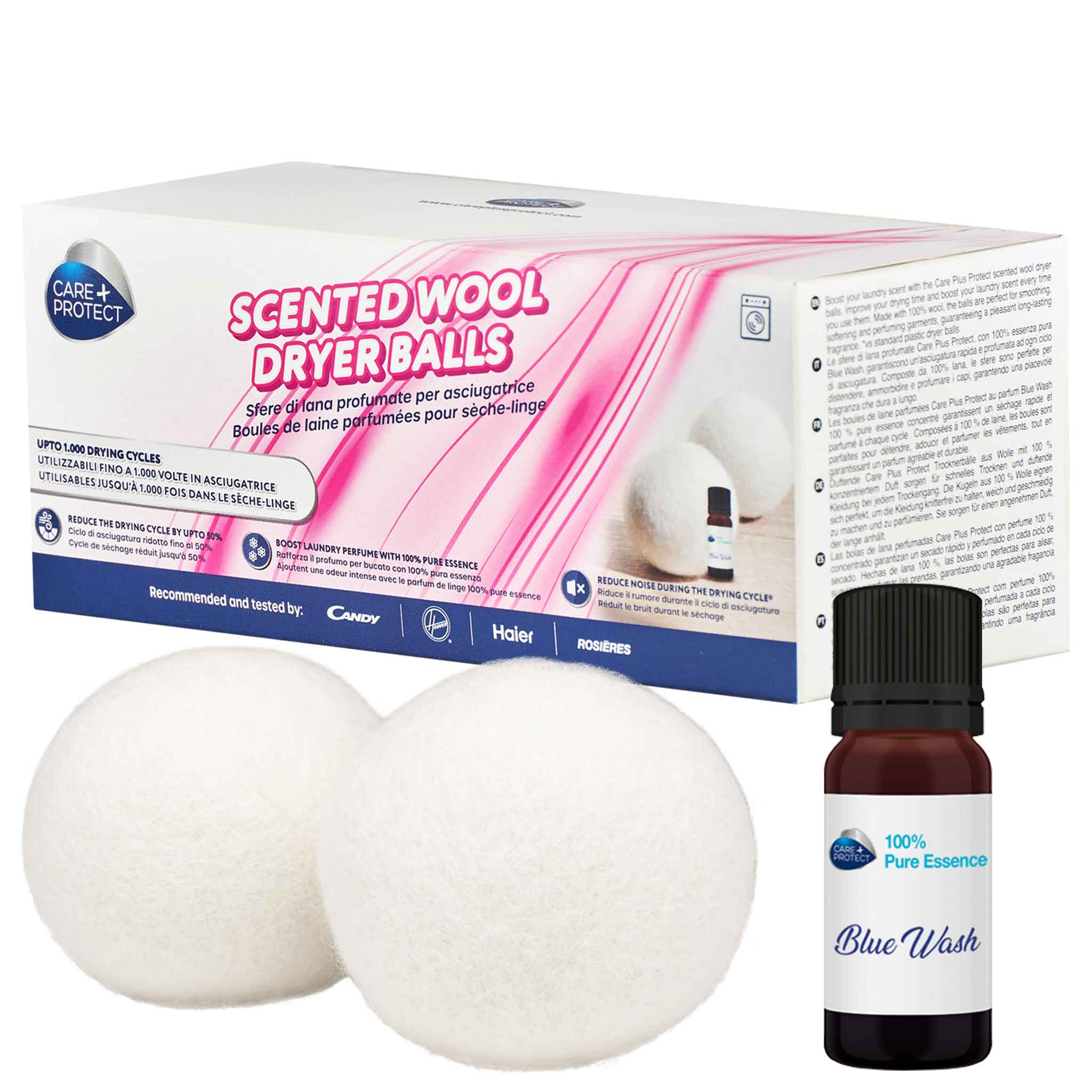



Leave a comment